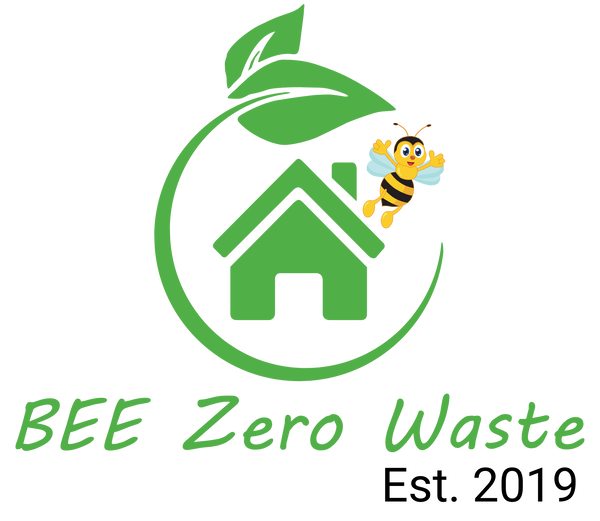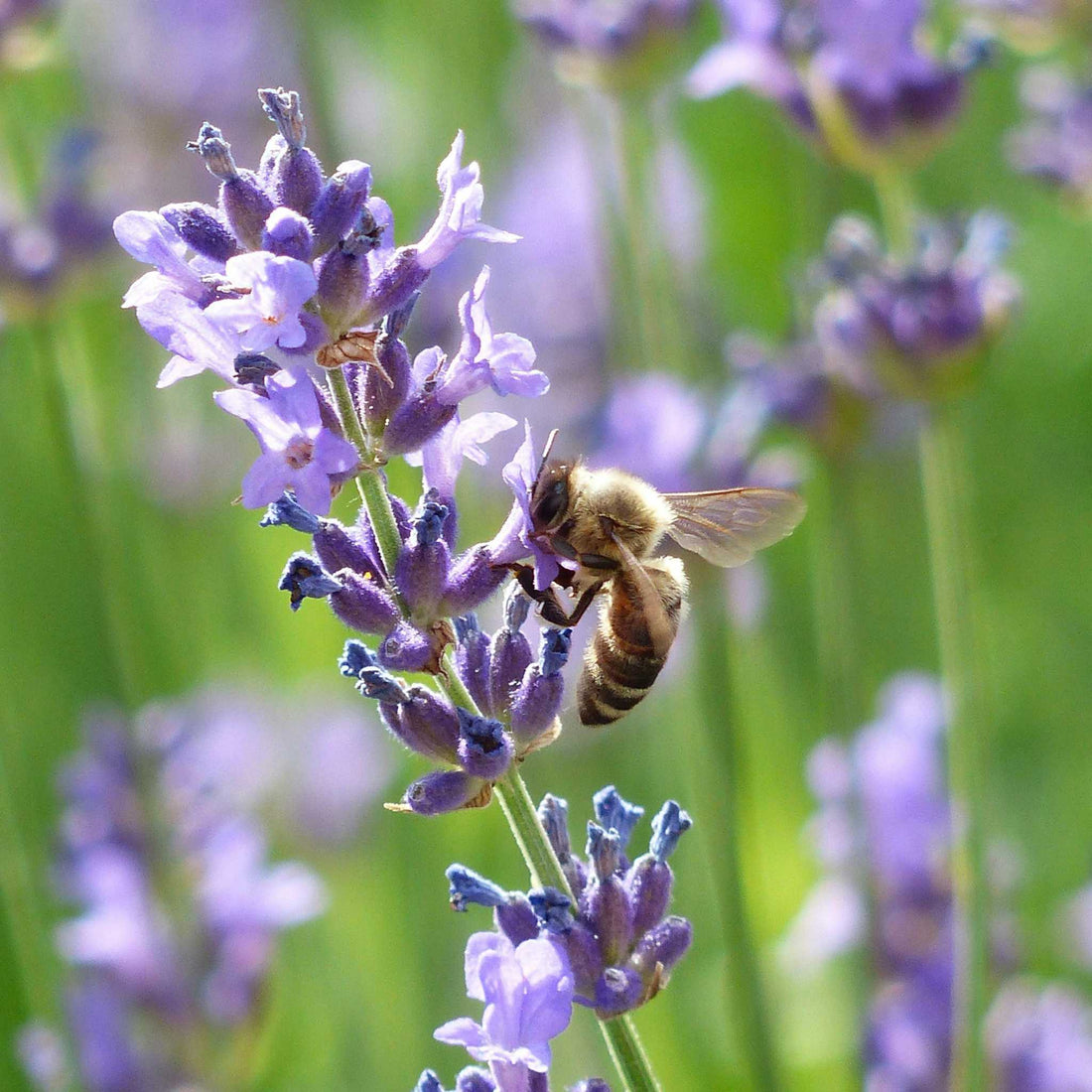Celebrating Our Buzzing Allies: The Significance of World Bee Day
May 20th marks a day of global significance, World Bee Day, as proclaimed by the United Nations. This special day is set aside to shine a light on the critical role bees and other pollinators play in our ecosystems, a role that is becoming increasingly jeopardized by human actions.
Pollination stands as a cornerstone for the resilience of our ecosystems and is essential for preserving biodiversity. Astonishingly, 90% of the world’s wild flowering plant species rely either wholly or partially on animal pollination. This includes more than 75% of the world’s food crops and 35% of global agricultural lands.
A striking three-quarters of crops worldwide that produce fruits or seeds for human consumption depend, at least to some extent, on bees and other pollinators. Yet, the survival of these indispensable creatures is at risk. Current species extinction rates soar between 100 to 1,000 times above the natural baseline, driven by human impacts. Alarmingly, about 35% of invertebrate pollinators, notably bees and butterflies, alongside approximately 17% of vertebrate pollinators, such as bats, are on the brink of global extinction, as reported by the United Nations.
Urgent Call for Action: How You Can Make a Difference
The time to act is now. Every individual can contribute through simple, yet impactful actions:
Know the Source
Choosing to buy directly from producers and opting for local, quality products over imported goods is a crucial step. By supporting local honey production, you're not just enjoying pure, delicious honey; you're also contributing to the well-being of bees.
Plant Diverse, Native Flora
Cultivating a variety of native plants that bloom at different times throughout the year can create a haven for pollinators. Engaging in initiatives like No-Mow May enhances these efforts, offering pollinators a bounty of resources.
Embrace Sustainable Practices
Supporting products from sustainable agriculture and avoiding the use of pesticides, herbicides, or fungicides in gardens are essential steps in safeguarding pollinator populations.
Create a Bee Oasis
A simple act like placing a bowl of water outside can provide vital hydration for bees and other pollinators, acting as a miniature oasis.
Spread the Word
Raising awareness about the plight of pollinators and the simple actions we can take to help is vital. Every voice counts in the collective effort to foster positive change.
Support Bee-Focused Initiatives
Consider sponsoring a hive or supporting organizations like Bees for Development. This innovative charity empowers communities in the world's poorest regions through beekeeping, providing a sustainable income source while benefiting people, bees, and the environment alike.
World Bee Day is not just a day for celebration but a call to action. It's a reminder of the interdependence between humans and pollinators and the urgent need to protect these vital creatures. By taking small steps together, we can ensure a flourishing future for bees and, in turn, for humanity itself.

